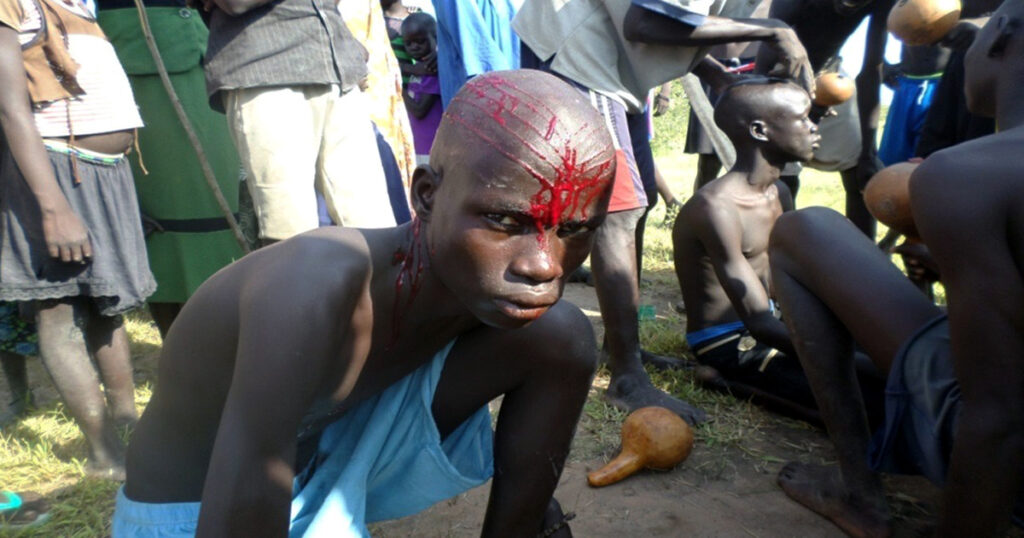Authorities in South Sudan's Tonj State have issued an order banning the traditional practice that encourages facial scarification and removal of lower teeth.
The order extended to Radio Tamazuj on Monday directed all the 22 county commissioners in the state to carry out awareness campaigns in order to implement the new directives.
"The Tonj state government is hereby circulating to all county commissioners that traditional cutting of forehead of young boys is forbidden this year 2018. Therefore county commissioners are ordered to hurry up with the awareness and follow this with their respective community as the policy of the government. The violation of this will lead to consequence as punishment," reads the order.
However, the order signed by Acting Governor Francis Marial Abur Bol did not explain reasons for the ban eliciting differing reactions from civil society activists.
“What is the legal basis for this ban? This practice can only be eradicated by actualizing the so-called taking town to the people. How can you stop cattle herders from scarifying their heads with traditional marks? Open more schools and make sure every child goes to school and this practice will die a natural death,” said Natale Ngong the National Coordinator at Child Rights-Civil Society Coalition.
Deng Maluil, a native of Tonj said the practice should be discouraged.
“I think it is also time for our people to see it differently. For me, it is one of the orders that should be encouraged because it has more benefits to the people than a mere preservation of cultural beliefs,” he added.
Facial and removal of lower teeth are traditional rites of passage practiced by different communities in South Sudan.




